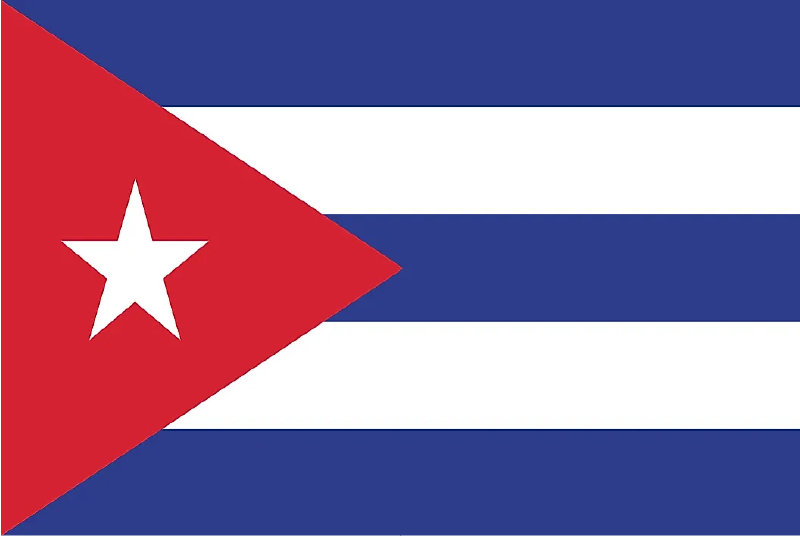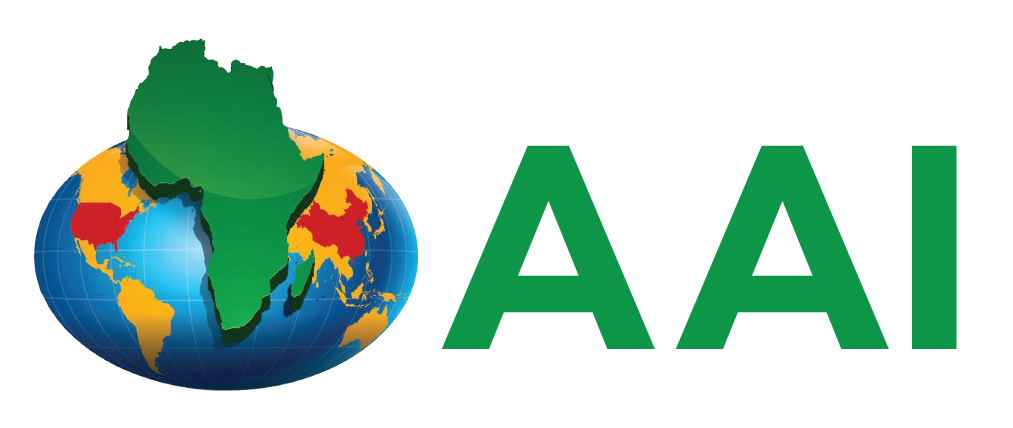Our History

Cuba
Official Name:
República de Cuba (Republic of Cuba)
Total Area (Sq Mi.): 42,426
Population(2020 est.): 11,192,000
Location: A country of the West Indies, the largest single island of the archipelago, located in the Caribbean Sea
Capital: Havana
Monetary Unit: Cuban peso (CUP), Cuban convertible peso (CUC)
Cuba is an island nation located approximately 100 miles south of Florida. Cuba has a similar land mass to England and a population of 11 million, of which 10% self-identify as Black and a further 25% as “mulatto” or mixed-race. Many of these people also identify with specific native African ethnic groups or regions, particularly Yoruba (or Lucama), Akan, Arara and Kongo.
Cuba was first colonised by the Spanish in the 15th century. It remained a Spanish colony until 1898 when it was occupied by the USA in the Spanish-American War. In 1902 Cuba became an independent country.
As with other Caribbean countries, Black Africans were brought to Cuba as slaves to work in the sugar plantations. The Black Africans came from mainly West African countries and often worked alongside slaves from South America.
There have also been occasions when Afro-Cubans have returned to Africa. In the 17th century, ex-slaves were taken to Nigeria and Equatorial Guinea as indentured servants and chose to remain in Africa when their tenure was over. In 1842 and 1863 former slaves were deported back to Africa. More recently Afro-Cubans were sent to fight alongside Angolan troops in the Angolan Civil War (1975-1991) and chose to remain in Angola rather than return to Cuba.
Since 1959 Cuba has been a Marxist-Leninist one-party socialist republic. For the majority of that time, until 2011, the country was under the control of Fidel Castro, the most significant person in recent Cuban history. Within Cuba there has been a long history of racism and Fidel Castro was broadly supported by Afro-Cubans because of his stance against racism and his support for West African countries. Despite this, racism still pervades Cuban society today.
In 2009 the well-known Afro-Cuban academic, Carlos Moore, wrote: “Afro-Cubans in Cuba know that whenever you raise race in Cuba, you go to jail. Therefore, the struggle in Cuba is different. There cannot be a civil rights movement. You will have instantly 10,000 black people dead.”
And an EU Report into racism in Cuba noted that: “Afro-Cubans are systematically excluded from positions in tourism-related jobs, where they could earn tips in hard currencies. Afro-Cubans are relegated to poor housing, and African Cubans are excluded from managerial positions.”

